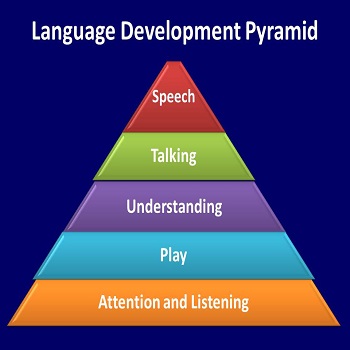The Special Education Needs and Inclusion Conference was organised by The Winford Centre for Children and Women in partnership with UNESCO and Bridg-Networking Germany. The conference which was themed Increasing Access to Education: Innovative Solutions for Learning and Participation was held on Friday 12th June 2020 virtually on Zoom from 10am to 3pm. The conference is a platform for policymakers, practitioners and beneficiaries to explore innovative and sustainable ways of supporting learners with special education needs going into the future.
In her welcome address, the founder of The Winford Centre for Children and Women, Mrs Basirat Razaq-Shuaib highlighted the crucial need to have conversations with all key stakeholders about the provision of inclusive education for children with disabilities and neurodiverse conditions in Nigeria.
Delivering the first keynote address, the Regional Director and Representative of UNESCO, Mr Yao Ydo, represented by Dr Samuel Onyekwelu gave a background of Special Needs Education. He stated that an estimated 15% of the world population has a disability, 1 in every 10 children is a child living with disability and out of an estimated 1 billion people living with disabilities, 80% of them are in developing countries which Nigeria is one of. He stated further that the global crisis of COVID-19 pandemic is deepening existing inequalities, exposing the extent of exclusion that work on disability inclusion has become imperative making the conference a very important one.
Delivering the second keynote address for the day, Mr Phil Dexter MBE, an Inclusive Education Consultant who was with the British Council for 30 years said we must recognise that every learner is different and they must be related with in different ways. He stressed the importance of going beyond labels such as dyslexia and others and getting through to the learner to support them.
There were four panel sessions at the conference to address various learning, access and participation issues with seasoned speakers such as Prof. Amanda Kirby, Dr Sigamoney Naicker, Mrs Dotun Akande and Dr Modupe Adefeso-Olateju.
The highlight of the day was the unveiling of four children’s books promoting inclusive education, disability and neurodiversity awareness, and social inclusion of children with disabilities in society. The first book Dragons can sing was unveiled by Dr Stephen Onyekwelu on behalf of UNESCO Regional Director, Mr Yao Ydo. In his words, UNESCO appreciates innovative actions, research work and ideas that are in line with their thinking which the book represents. He added that the book will address some of the issues that have been highlighted relating to disabilities inclusion.
Dr Hannia Bridg of Bridg- Networking, Germany unveiled the German, Spanish and Portuguese translations of the children’s book ‘I am not naughty – I really really mean it!’ which was originally released in English in 2019. The book which emerged as a finalist in the 2020 British Council ELTons Innovation Awards (in partnership with Cambridge Assessment) has been deemed an excellent resource for teachers.
The final keynote of the day was by the Honourable Commissioner of Education, Lagos State Mrs Folasade Adefisayo who was represented by Mrs Sola Somoye, DG Guidance & School Counselling, Special Education, Ministry of Education Lagos State. In her address, she said the Lagos State Government has been and remains committed to supporting the education of children with disabilities in the state. Mrs Somoye said the conference was an eye-opener for the government in terms of its provisions and services.
The founder of The Winford Centre for Children and Women, Mrs Basirat Razaq-Shuaib gave the closing remarks charging the government to treat the provision of inclusive education for children with disabilities as a priority problem rather than an add on after all other problems have been solved.
Read the full report of the conference here.


